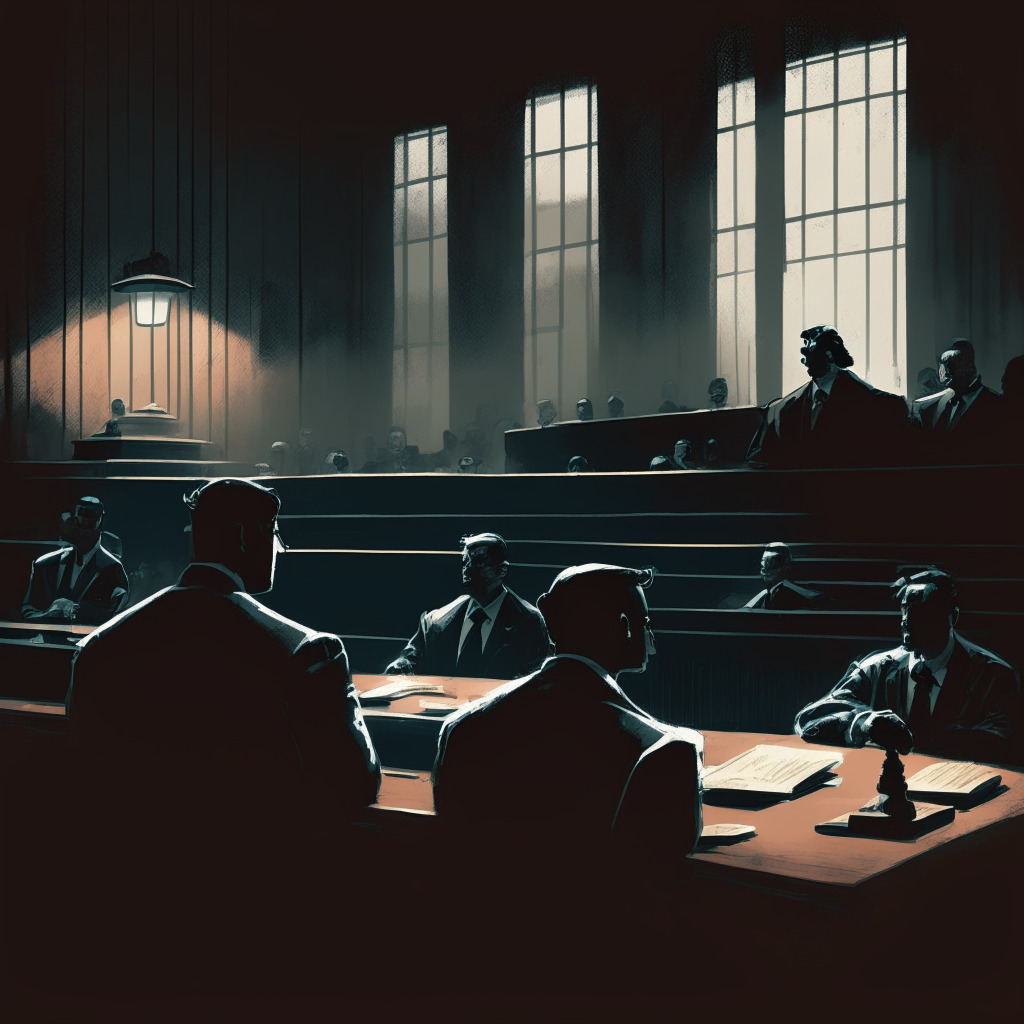Former Coinbase product manager Ishan Wahi and his brother Nikhil Wahi have recently agreed to settle charges of insider trading brought against them by the United States Securities and Exchange Commission (SEC). The brothers were accused of using non-public knowledge about nine crypto assets that would be listed on Coinbase in the future to purchase these assets before they were officially listed. The SEC filed a suit against the Wahi brothers on July 21, 2022, and is now demanding disgorgement of ill-gotten gains with interest.
While the technologies involved in this case may be novel, the underlying conduct is not. The federal securities laws do not exempt crypto asset securities from the prohibition against insider trading, nor does the SEC. The settlement remains subject to court approval, and it highlights the potential pitfalls and risks in the increasingly popular and growing crypto industry.
On the other hand, some might argue that the Wahi brothers’ actions represent just a single case among many and should not be used to paint the entire crypto community with a broad brush. Furthermore, cryptocurrency enthusiasts could argue that as the industry becomes more established, regulatory developments will likely help prevent such incidents from happening in the future.
However, skeptics may point to the fact that the crypto market still operates within a relatively gray area, particularly when it comes to regulation. As such, incidents like these are not only likely to continue, but they may also hinder mainstream adoption by creating a negative perception of the industry.
In conclusion, the case of the Wahi brothers serves as a reminder of the importance of proper regulation and oversight within the blockchain and crypto space. While some may argue that the industry should be self-regulated, it is clear that a balance must be struck to ensure that the crypto world is not only safe for its users but can also achieve mass adoption in the long run. As the Wahi brothers’ case unfolds, it provides a cautionary tale for both enthusiasts and skeptics alike, highlighting the need for vigilance, transparency, and ethical conduct within the world of blockchain and digital assets.
Source: Cointelegraph




